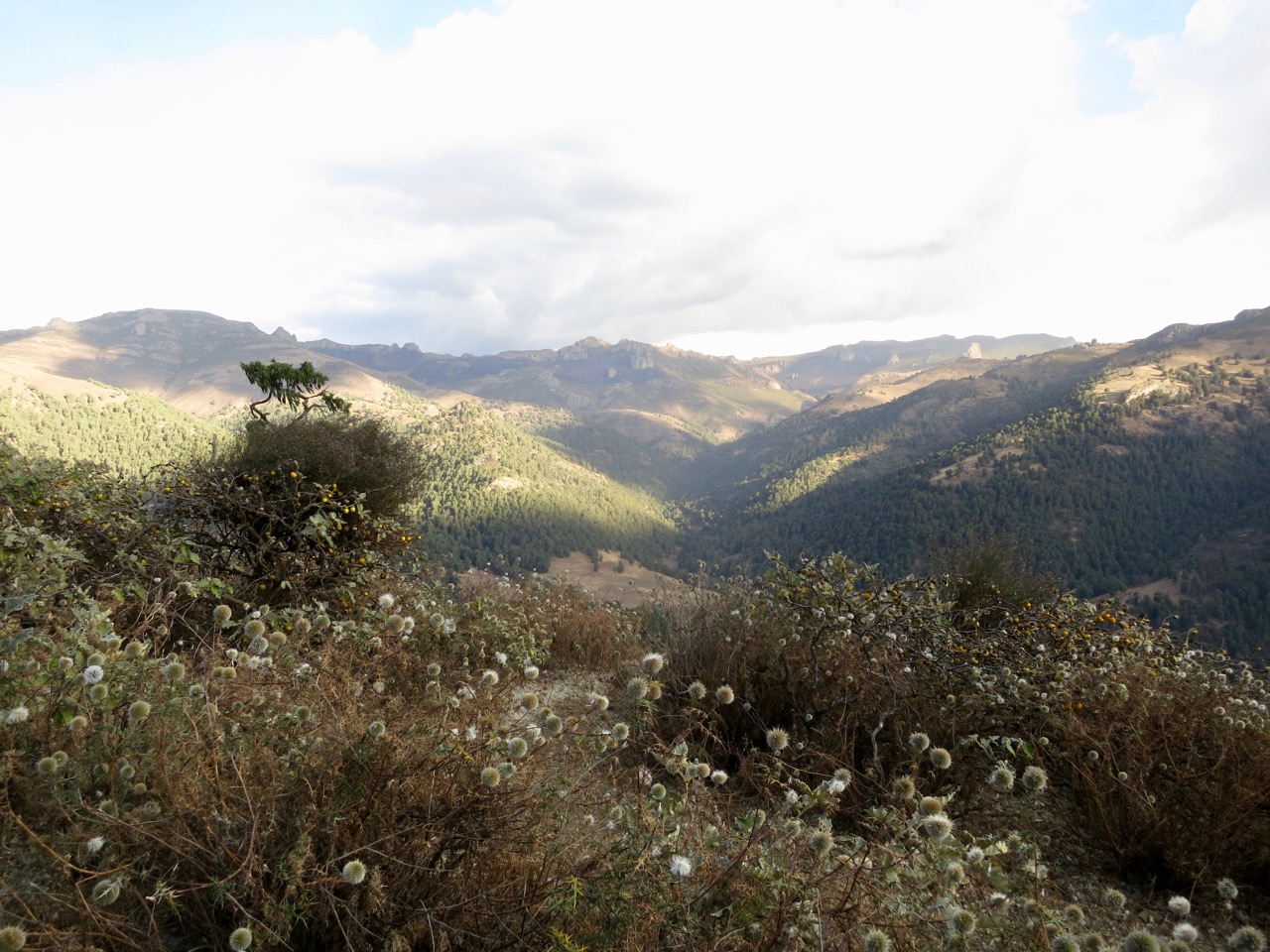Habesha Driving
Driving in Ethiopia deserves its own short discourse. It’s a rodeo. Now to be fair, I’ve seen worse: Small-city China in 2005, Bangladesh, bumper cars at the state fair. But Ethiopia is remarkable for its danger, its unspoken rules, the shoddiness of the equipment, and the sheer novelty. At the time of my first trip in 2007, there were a handful of stoplights in Addis, a city of 8-10 million. They were cursory suggestions, merely slowing traffic but never stopping it. Today, there are tens, if not hundreds, of stoplights in the city. People come to complete stops at red lights, yield on turn signals, and generally follow the universal rules of the road. But heaven help you if you try to make a left turn without a light. That’s a process of slowly edging your nose out far enough into traffic until you nearly get rammed, and then magically, the next car swoops behind you, and then you’re home free. To be fair, you see fewer overturned trucks, shattered automobiles, or ...
